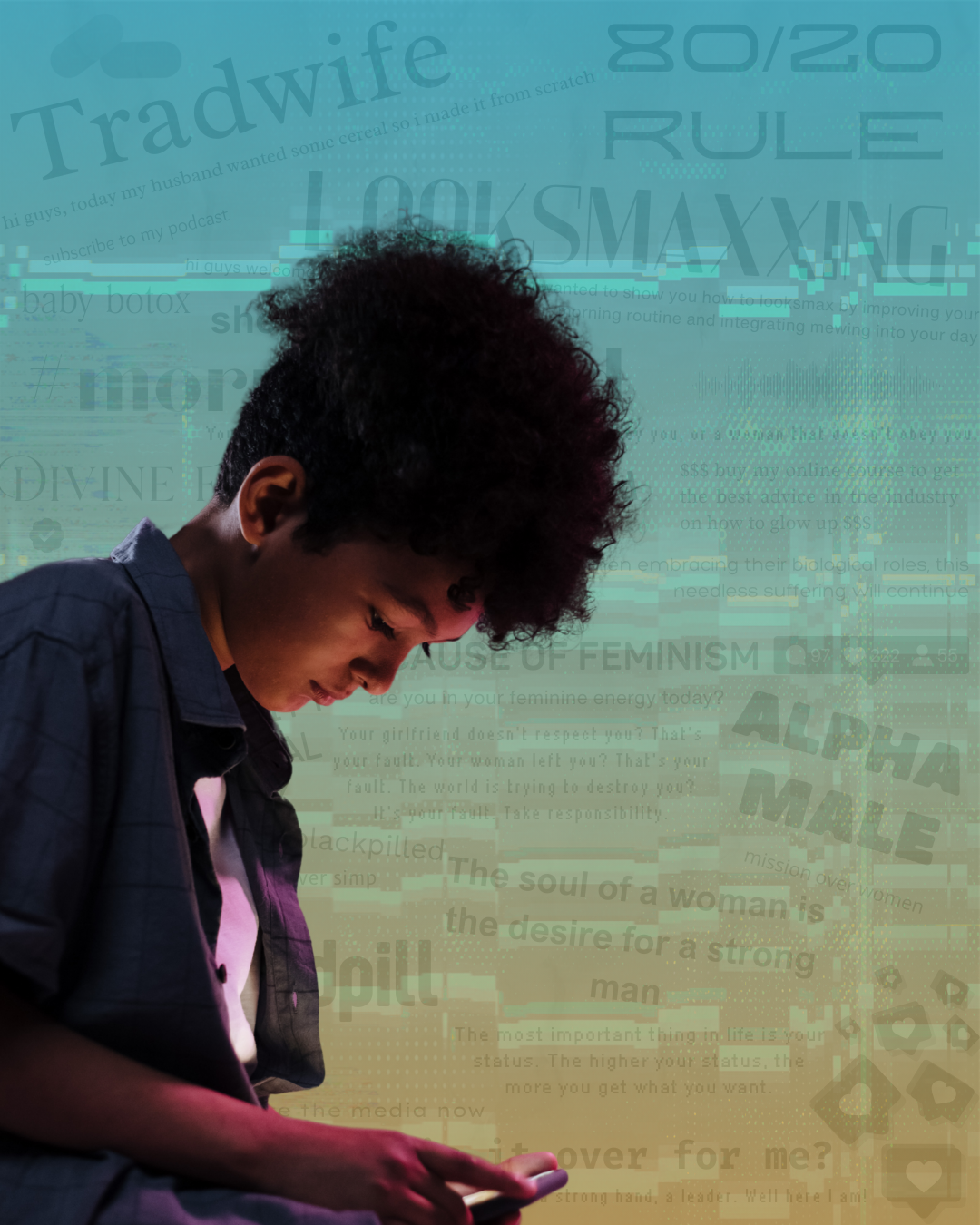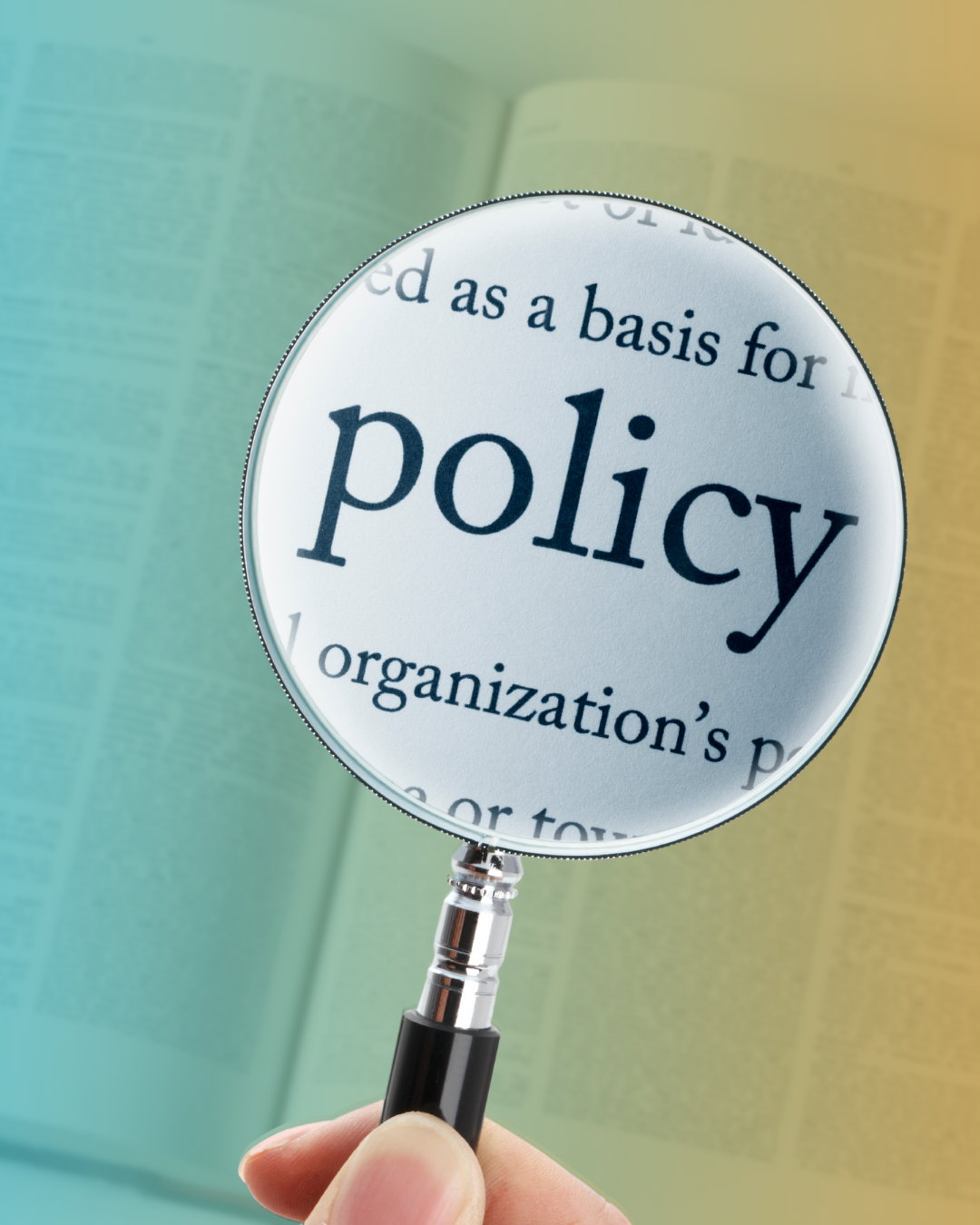ABOUT THE PROJECT
YOU-DARE investigates the construction and use of gender in far-right ideologies, focusing on how gender roles influence youth radicalisation, informal leadership structures, and recruitment. The project challenges oversimplified views of far-right gender narratives by using an intersectional approach, analysing both traditional and digital leadership models, such as online influencers, in shaping far-right youth identities.
By examining both formal and informal leadership structures - including political figures, grassroots organisers, and online influencers - YOU-DARE investigates the role of digital platforms in amplifying far-right gender narratives. The project also assesses how these movements engage with young people, how their messages evolve across different national and cultural contexts, and how gender is used to forge alliances and strengthen ideological commitments.
A key focus of YOU-DARE is to bridge research with real-world impact. Working closely with policymakers, civil society organisations, and youth activists, the project aims to develop innovative strategies, tools, and policy recommendations to challenge exclusionary narratives and reinforce democratic resilience. Through comparative research across eight European countries, it will provide critical insights into how far-right gender ideologies influence political discourse, governance, and social cohesion.
THE PROJECT METHODOLOGY
Mapping Gender Narratives
YOU-DARE begins with in-depth desk research to map key far-right actors and discourses across Europe, identifying how gender is constructed and where current knowledge falls short.
Understanding Lived Realities
Through qualitative research, the project explores real experiences and motivations behind gender narratives in far-right spaces, and how these shape wider debates and policy.
dRIVING Collaborative Impact
YOU-DARE works with civil society, experts, and policymakers to ensure its findings support meaningful change across disciplines and European policy contexts.
project outputs
To find out more about the outputs of the project, stay connected. They will be shared on our website as well as our social media channels. You can also register to our newsletter for updates on the project.
you-dare expected impact
- Enriche the academic discourse on political, sociological and gender studies by offering unique multimodal approach addressing how gender roles play in narrative of far-right movements targetting youth demographic.
- Develop a comprehensive knowledge base from far-right political actors and related normalisation trends, to promote transparency into gender and politics intersection and shed light on political discourses of youth and informal leaders.
- Improve understanding of the content and importance of interactions in online spaces for far-right youth movements and informal leaders therefore contributing to increased awareness of youth and citizens for more transparent and accountable democratic discourse.
- Improve understanding of issues at stake by identifying and testing new policy solutions that will contribute to support revitalisation of democratic discourse among the youth.
- Contribute to setting up new more equitable policies that will come from more informed and transparent democratic discourse.
- Test innovative solutions with local actors and authorities





